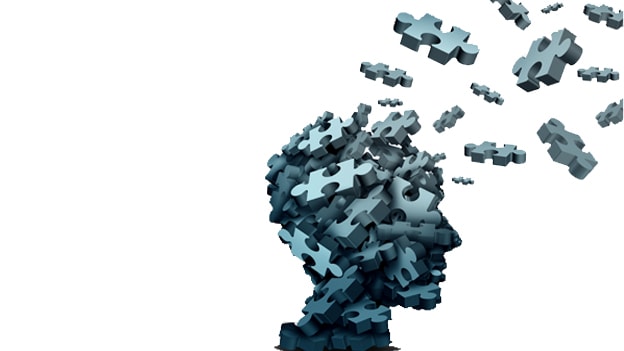The art of unlearning for professional excellence

Majority of candidates whom we interview for various organizational roles, consider willingness to learn as a key skill required to succeed professionally. Undoubtedly, self-improvement by expanding the knowledge base and acquiring new skills is essential to stay pertinent and competitive in the ever-evolving business environment.
While the importance of learning to build a strong reputation for yourself professionally cannot be undermined, it is your ability to ‘UNLEARN’ that enables you to adapt to the changing business requirements and accomplish the goal of professional excellence.
There are various instances where organizations too resisted the process of unlearning by staying adamant about what led to their initial success, causing their ultimate failure. For example, Blackberry’s success was largely on the back of keyboard-based phones, but when the whole digital ecology evolved and smartphones became the new in-thing, the brand neglected to unlearn their success mantra. Just like for organizations, unlearning can be difficult for individuals too. However, to remain relevant to changing market conditions, one not only should learn fast but also unlearn quickly.
Unlearning: letting go of what you know
Learning is innate to human behavior. Right from childhood, we start the process of learning, picking up new words, actions, skills, and understanding. When we encounter new situations, we address them as per our learnings and notions formed on the basis of acquired knowledge. Any time we seek to acquire new skills, we refer to the framework of our knowledge that we have already assimilated and see if they fit in with what we already know. If yes, we find it easier to adapt and accept new ideas. But if they do not, then we face some internal resistance to acquiring new skills. This is where the process of unlearning can help us.
Unlearning does not entail forgetting what we already know. It is about setting aside our acquired frame of reference to approach a new situation with an open mind. When we unlearn, we step outside our current mental model to choose a broader outlook to address the situations at hand more efficiently. Unlearning can be compared to erasing a pencil sketch from the canvas to create a new, more colorful design. This approach becomes all the more important in the current business scenario where new challenges require an innovative problem-solving attitude to identify solutions and break new ground.
Importance of unlearning
A few years ago, who would have thought that generating marketing leads and closing business deals would take just a few clicks of a button. The business landscape has changed phenomenally and so has the strategies for driving sales, marketing, growth, and communication. This environment makes it imperative for a professional to unlearn old habits in order to pick up new skills. Sticking with ‘this is how it is done’ approach can pose serious challenges to the growth and career progression of an employee.
Process of unlearning
Employees today are chasing growth opportunities and do not shy away from switching roles or organizations to better their career prospects. Every organization has a unique structure making it important for an employee to develop skills that align with their new roles. This requires substantial unlearning of rigid habits and attitudes to develop a more cohesive and collaborative approach. While individuals may tackle this process in different ways, the common steps involved remain the same.
- Acceptance: the First step towards unlearning is an acceptance that your currently held beliefs and assumptions are acting as a hindrance in fully tapping your potential. Denial to unlearn old habits can become the first roadblock, keeping you away from the growth path and restricting your ability to acquire new skills. Staunchly holding on to ‘this is how it should be done’ attitude can make you miss learning opportunities and push the success that you desire further from your reach.
- Willingness: Realization of the need to change is meaningless if the same is not backed by a willingness to expand your horizons. To assimilate new information and skills, it is important to get rid of existing assumptions and convictions. Most people respond negatively when their set beliefs are challenged. An open mind to understand a view that contradicts yours showcases your willingness to develop and expand your vision.
- Actions: Your core beliefs determine your behavior to the unlearning process. If you feel that your current notions are deeply entrenched, you might have to take concrete measures to break the barrier. It would be wise to take help from your seniors, office colleagues, family members or friends to modify your behavior. They can help you identify traits that you must work on and guide you on the right way of going about it.
Setting small goals, like changing the tone of your customer interaction from professional to a friendly one and measuring the progress towards the same will help you to make breakthroughs towards the unlearning process. Tackling challenging assignments and working with a diverse team can also shape your beliefs and help you upgrade your skill sets.
- Persistence: To succeed, one must practice learning and unlearning throughout one’s lifetime. Letting go of what you know and making way for new concepts require persistent efforts. In order to grasp new ideas, you must be willing to pursue the unfamiliar relentlessly and make repeated attempts till you succeed in your endeavors.
As the world around us evolves rapidly, adapting to new developments is important to stay on top of the game. While learning new skills enables us to keep up with market developments, the process of unlearning is what really empowers us to adapt to change easily and achieve professional success.














